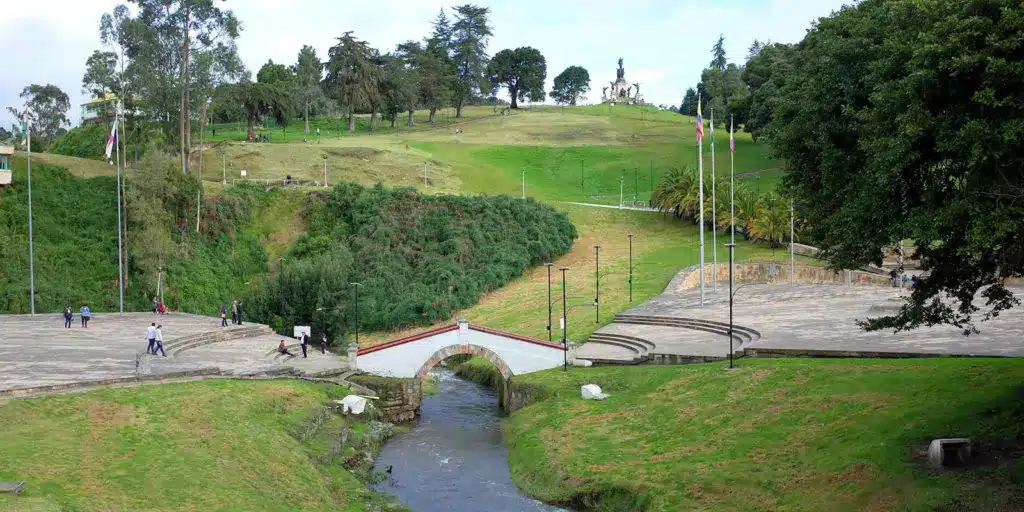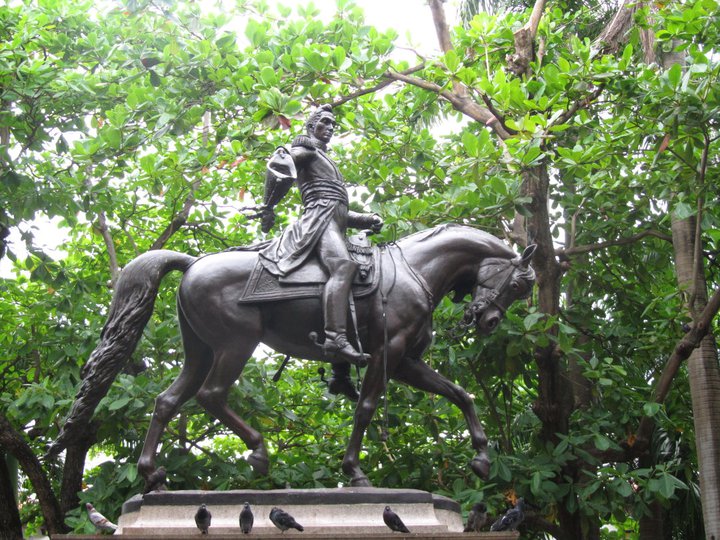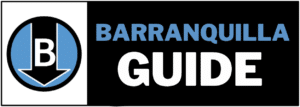The Battle of Boyacá: Colombia’s Game-Changer
August 7th marks a national holiday for Colombians, in commemoration of the Battle of Boyacá which was fought in a single day more than 200 years ago. Across the country, especially in the Boyacá region, locals will take part in traditional music, dance performances, and reenactments of the battle.
So what is the significance of the Battle of Boyaca?


In the early 1800s, the American and French Revolutions inspired people across Latin America who wanted their freedom from European rule. In New Granada (modern Colombia, Venezuela, Ecuador, and Panama), locals were unhappy with how the Spanish were running things. Enter Simón Bolívar, a revolutionary leader with a vision of freeing all of Latin America from Spanish rule.
Bolívar led a daring campaign to surprise the Spanish forces. He and his mixed army of locals and foreign volunteers crossed the Andes Mountains—a super tough journey involving freezing cold and tough terrain, something the Royalists beleived was impossible. But this bold move allowed them to catch the Spanish off guard.
The Battle
On the morning of August 7, 1819, Bolívar’s troops faced off against the Spanish forces led by Colonel José María Barreiro near a small bridge over the Teatinos River. The fight kicked off with a surprise attack led by General Francisco de Paula Santander. The battle was intense but quick, lasting only a few hours. A key moment was when José Antonio Anzoátegui led a charge that broke through the Spanish lines, leading to a decisive victory for Bolívar’s army. The Spanish troops were either captured or fled, and the road to independence was wide open.

What Happened Next?
After winning the Battle of Boyacá, Bolívar and his forces quickly took control of Bogotá, the capital. This victory was a huge blow to Spanish rule in the region and inspired similar movements across Latin America. It was a major step towards the independence of Colombia and other countries in the region.
Why It Matters
Colombians celebrate this important day every year on August 7 in Colombia, known as “Día de la Batalla de Boyacá.” It’s a day full of parades, ceremonies, and events that remind everyone of the struggle and bravery of those who fought for freedom. The battle symbolizes the power of unity and determination in overcoming obstacles.

A Lesson in Courage and Unity
For teenagers, the story of the Battle of Boyacá is a powerful lesson in resilience and teamwork. It shows how people from different backgrounds can come together to fight for a common cause. Bolívar’s leadership and the courage of the troops are still celebrated today, reminding us of the importance of standing up for what we believe in.
In the end, the Battle of Boyacá wasn’t just a win on the battlefield; it was a win for the future of Colombia and the dream of a free Latin America. This historic event continues to inspire and teach important lessons about bravery, leadership, and the fight for justice.



[…] The Battle of Boyacá – August 7th – what’s it all about? […]
Hello Mike , greetings from Toronto , i also have a keen interest in Colombia , its history , geography, architecture, places like Barichara,Villa de Leyva.
I read that Alto Prado has an area that has interesting house styles that stand out from the rest,do you have any info on that part of town ?
many thanks.
Dave Hampton.
Hi David! In fact we don’t – however it just so happens I’m writing an article about Prado now – focusing on the families and homes – architecture and history. I’ve lived in various parts of Prado and enjoy it very much.
OK Mike ill look forward to reading your article on the Prado area , i read a short article about a street of architectural importance there that i can no longer find.
Any tips on what to see in the area that you personally like would be appreciated .
best
David Hampton.
taango49@gmail.com i had trouble trying to find your site/reply
would you mind replying by email. thanks.